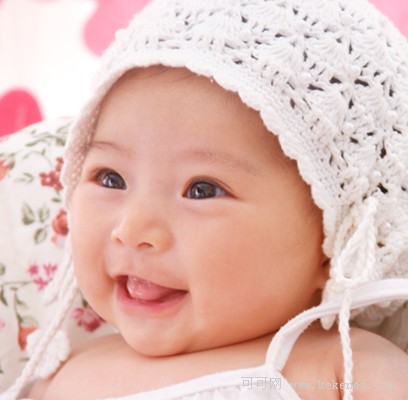The vocabulary of babies who are bilingual remains flexible as they grow up and boosts their speaking ability as toddlers, a university study has found. Babies and children have a great ability to learn a second language but that begins to fade as early as their first birthdays.
一項大學研究發現,接受雙語教育的寶寶在成長過程中可以靈活地掌握兩門語言的詞匯,而且學步時期的口語表達能力也能有所提高。嬰兒和兒童在學習第二門語言方面能力很強,但早在他們過第一個生日的時候,這種能力就開始逐漸退化。

Now researchers at the University of Washington's Institute for Learning & Brain Sciences are investigating the brain mechanisms that contribute to infants' prowess at learning languages, with the hope that the findings could boost bilingualism in adults, too.
目前,華盛頓大學學習與腦科學研究所的研究人員們在對促進嬰兒非凡的語言能力的大腦機制進行研究,他們希望研究結果也可以推動成人的雙語教育。
In the research, the scientists report that the brains of babies raised in bilingual households show a longer period of being flexible to different languages, especially if they hear a lot of language at home.
在研究中,科學家們報告說,成長在雙語家庭中、特別是在家能聽到大量語言交流的寶寶的大腦表現出更長時間的對不同語言的靈敏度。
The researchers also show that the relative amount of each language - English and Spanish - babies were exposed to affected their vocabulary as toddlers.
研究者們還揭示說,在嬰兒時期接觸到的各種語言(英語或西班牙語)的數量,會影響到他們學步時期的詞匯量。
The study, published in Journal of Phonetics, is the first to measure brain activity throughout infancy and relate it to language exposure and speaking ability.
這項發表在《語音學期刊》上的研究第一次對嬰兒時期的大腦活動進行測量,并將其與語言環境和口語能力聯系起來。











